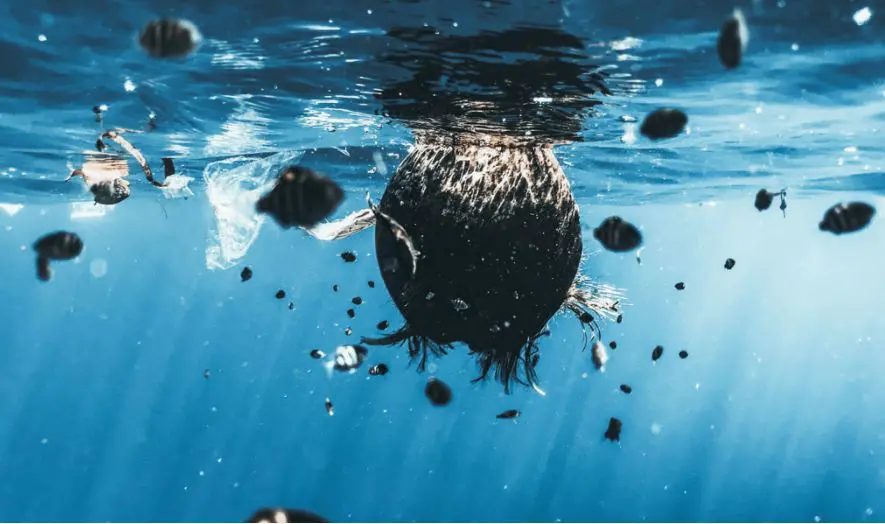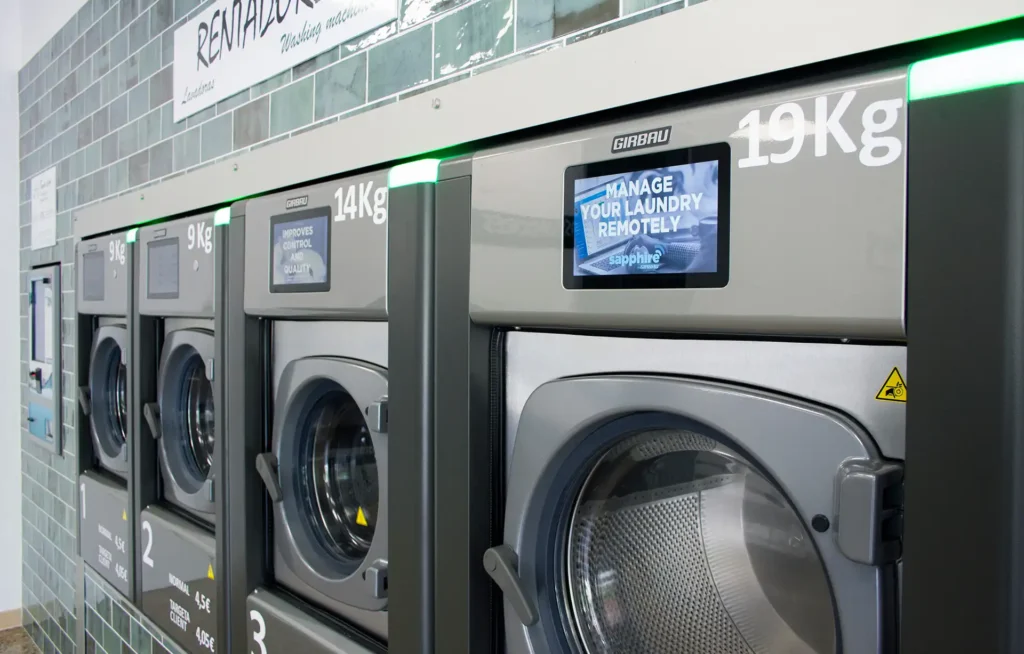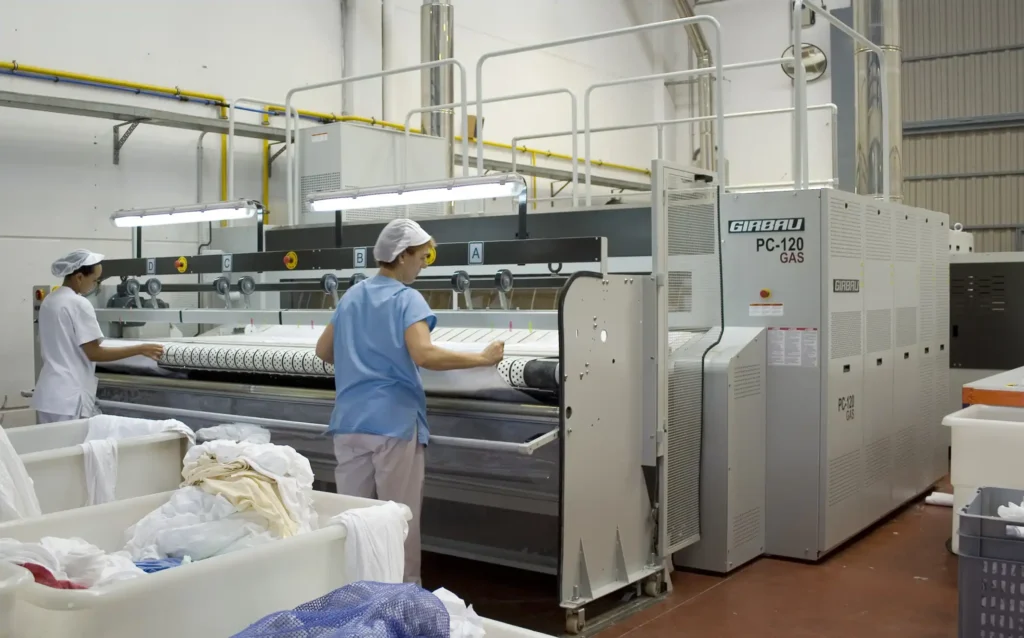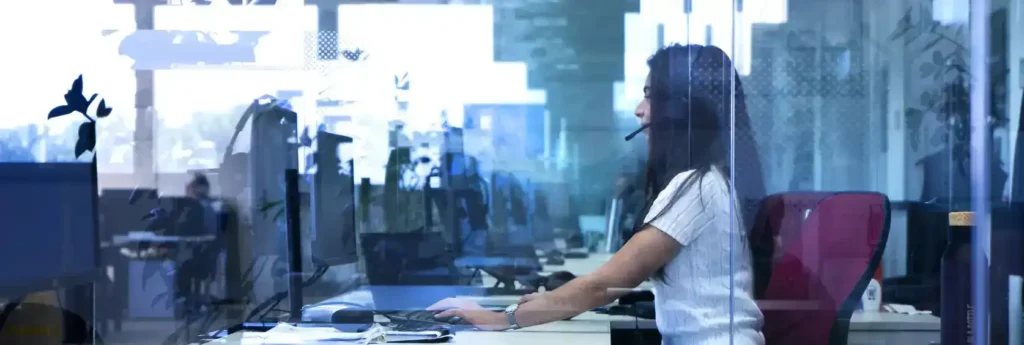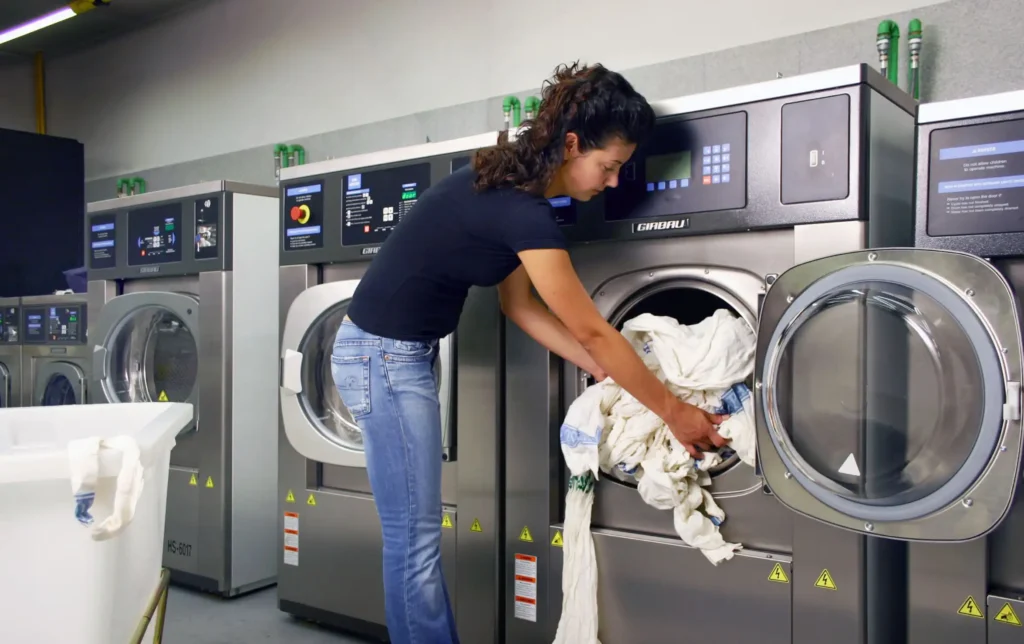
Little was known about microplastics, which can be found in products as diverse as cosmetics or tyres, until a decade ago. However, more and more studies point to the presence of microplastics in our environment, from tides that flood the seas to tiny pieces that pollute places as remote as the Arctic and as close to home as the air we breathe.
Contamination by pollutants of this kind, associated with washing synthetic linen and therefore with laundry, accounts for 35% of the primary microplastics found in our oceans, representing a danger to the marine environment and to all the creatures that live in it. This also has an impact on human life as, according to the latest studies, it is estimated that we ingest between 39,000 and 52,000 particles of microplastics a year in the fish we eat, which has even led to traces of these pollutants being found in human placentas.
But how does this pollution happen? The answer is very simple: during washing, minute fibres of microplastics come off fabrics and pass into the water. These tiny waste products, invisible to the human eye, then pass straight through filtration in waste water treatment plants and run into the oceans in massive quantities. It is estimated that one treatment plant lets through around 21 thousand million plastic microfibres a year, representing over 800 tonnes a year of tiny waste products dumped straight into the sea in the United States and Canada alone.
This is why it is so important for both industrial laundries and machinery manufacturers, as well as non-governmental organisations, to be aware of this issue in order to seek solutions to help protect the environment, and this is and will be one of the drivers of change in the industrial sector worldwide.
Here at Girbau we are aware of the environmental problems caused by our activities and this is why we have made it our goal to reduce the presence of these microplastics in cleaning processes. This goal forms part of a sustainability agenda over several years, with the aim of reducing our carbon footprint to zero.
Innovation is based on the search for new solutions, both to improve aspects of everyday life and to find tools to help construct a more sustainable future and so preserve our planet. This is why we at Girbau are strongly committed to innovation as a driver to preserve economic activity and advance towards global sustainability.


